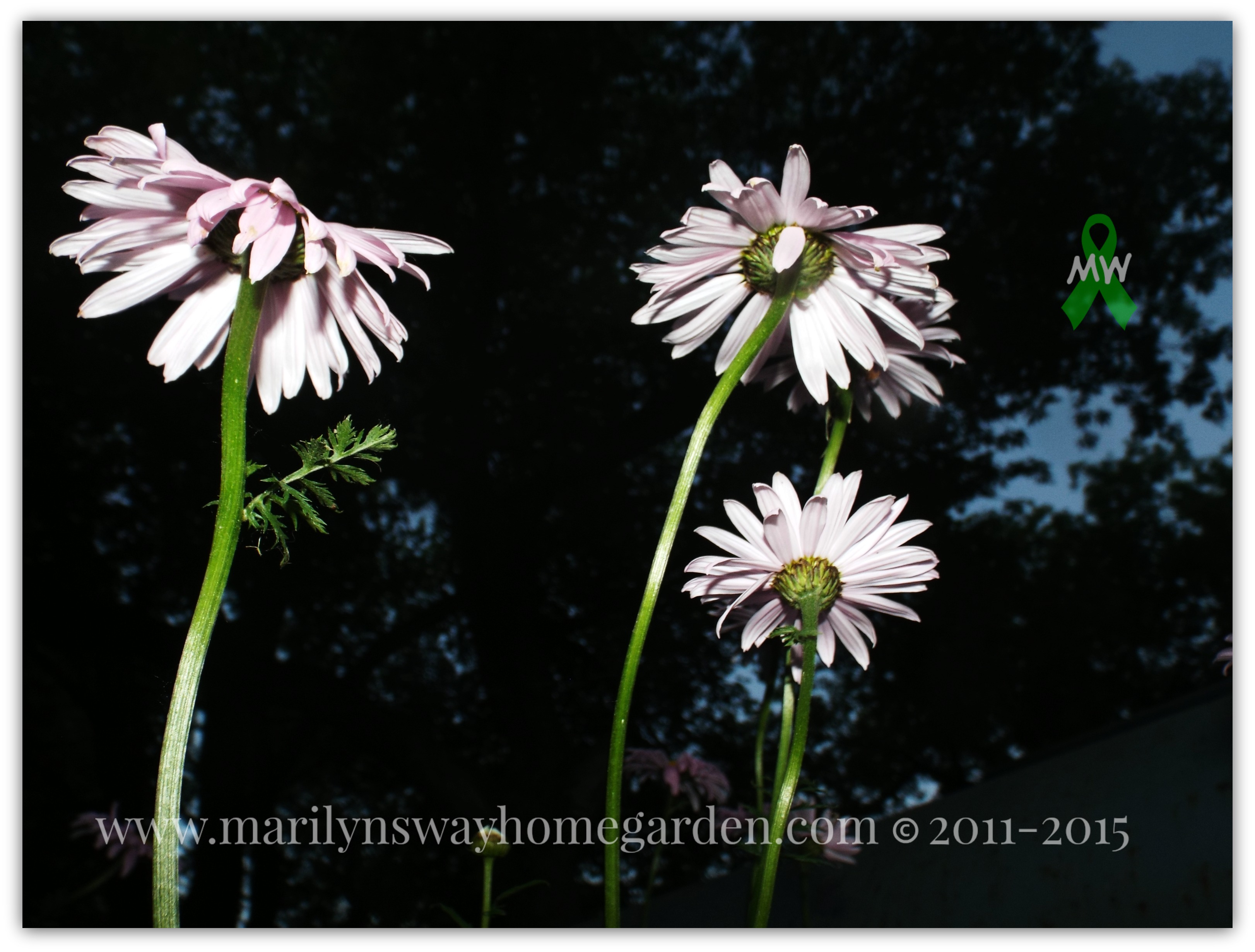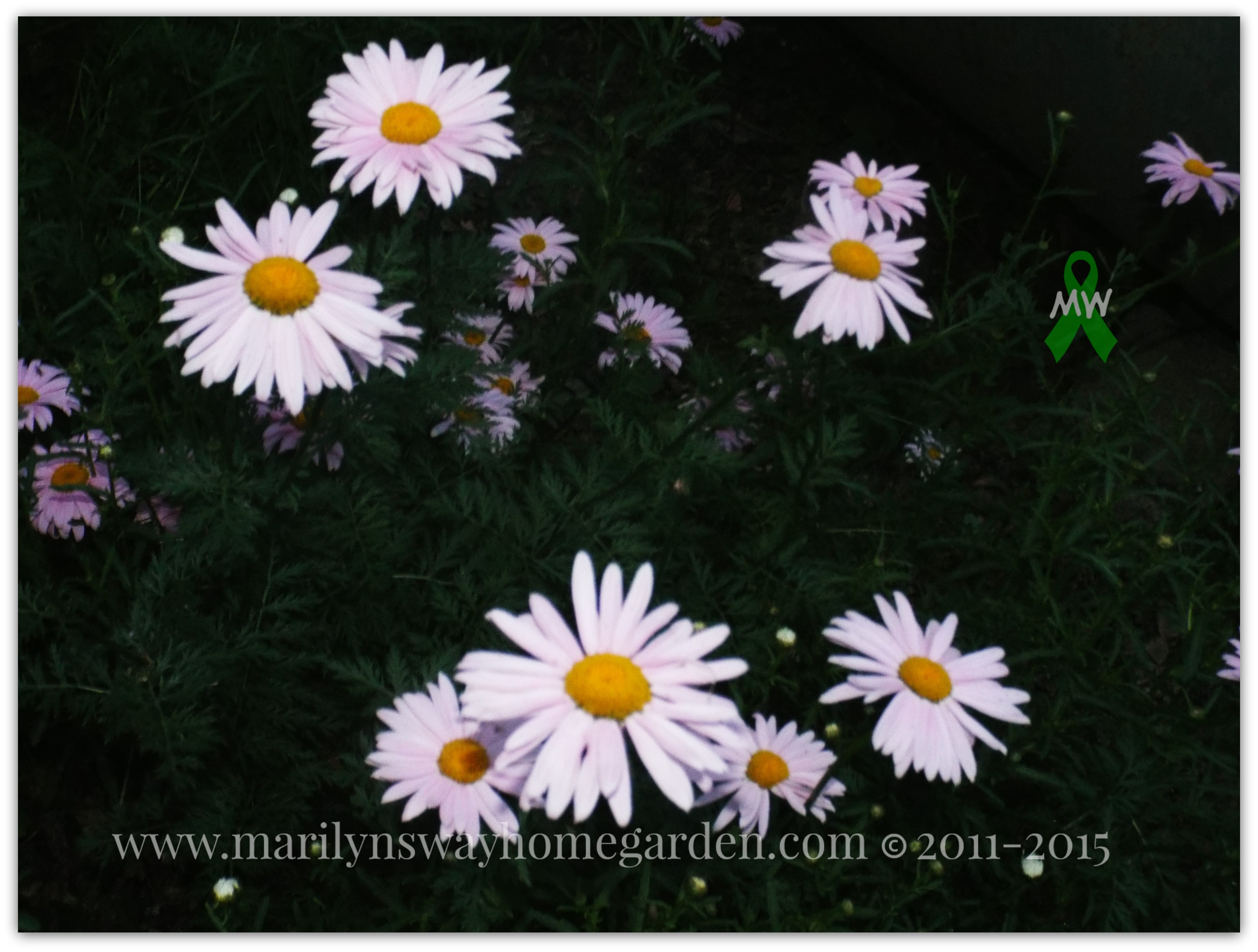Recited while plucking the petals from a flower (usually a daisy):
He loves me,
He loves me not.
He loves me,
He loves me not.
He loves me,
He loves me not…
The couplet is repeated until the all of the petals are discarded; the line spoken when the final petal is plucked divines the truer statement.

While the rhyme can be directed towards anyone, it is traditionally the ritual of an adolescent girl and her first love on the playground.
Flowers and their symbolic ties to human affections are deeply engrained in our culture, spawning a mythology and language of their own. Daisies represent innocence, youth and vitality, appropriate to the carefree folly of early love the rhyme invokes. The tradition of daisy-divination is noted in Goethe’s Faust part one of which was completed in 1806:
Malcolm Jones (in his book The Secret Middle Ages) dates the first printing of the “The Daisy Oracle” 1471, when Augsburg nun and scribe Clara Hätzlerin included it in her Liederhandschrift (songbook), making this the oldest rhyme we’ve tackled so far. The rhyme is still sung in Germany (liebt mich, liebt mich nicht).
“The Daisy Oracle” is thought to be French in origin but all the evidence is anecdotal. I’ll be looking further into this, so check back for updates.
It is always fun to research sayings and today I was intrigued by the ‘Origins Of The Daisy Oracle’. When was the last time you played this game?
[contact-form subject='[Marilyn%26#039;s Way’][contact-field label=’Name’ type=’name’ required=’1’/][contact-field label=’Email’ type=’email’ required=’1’/][contact-field label=’Website’ type=’url’/][contact-field label=’Comment’ type=’textarea’ required=’1’/][/contact-form]

